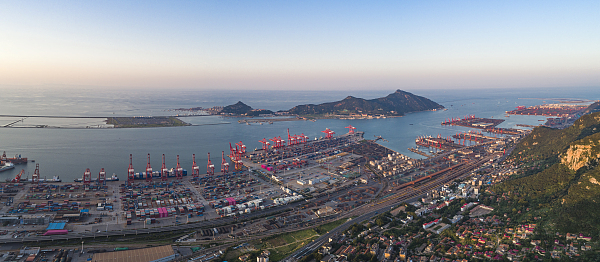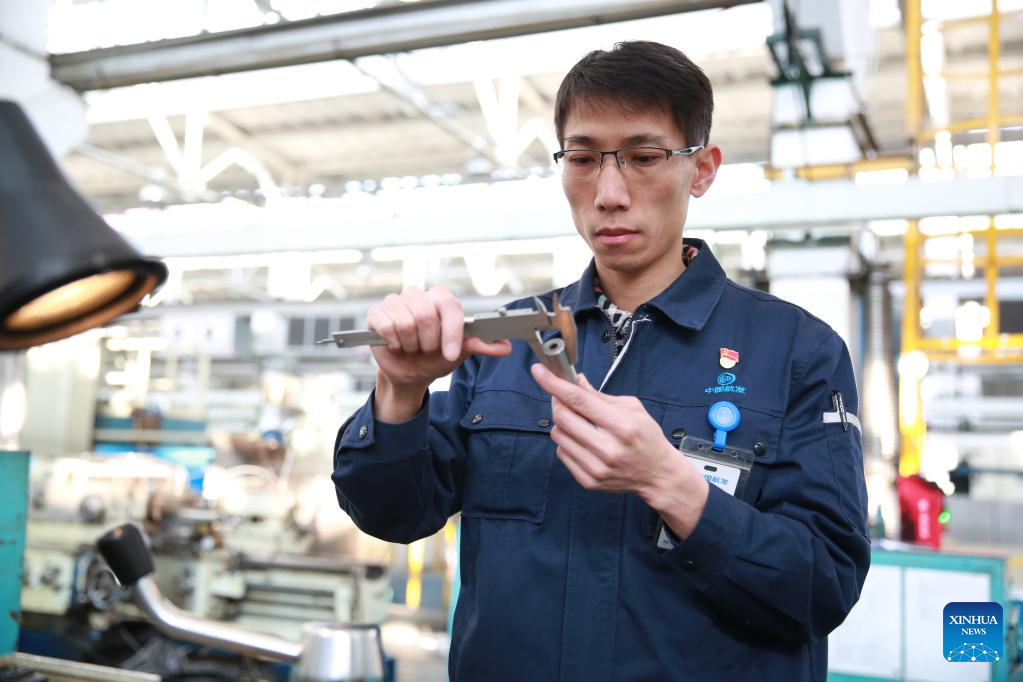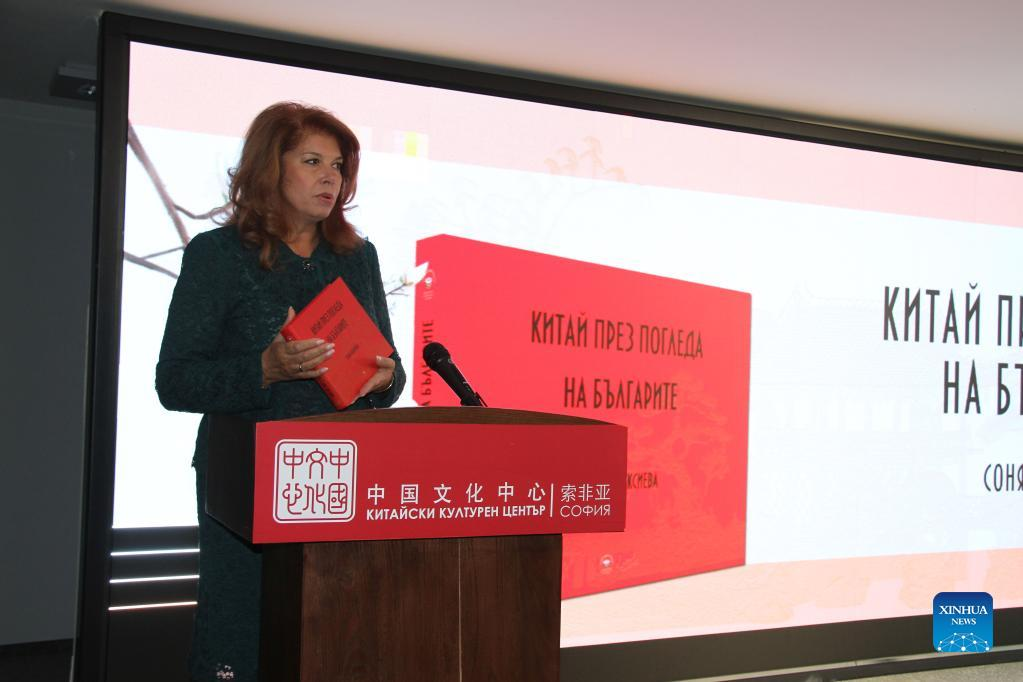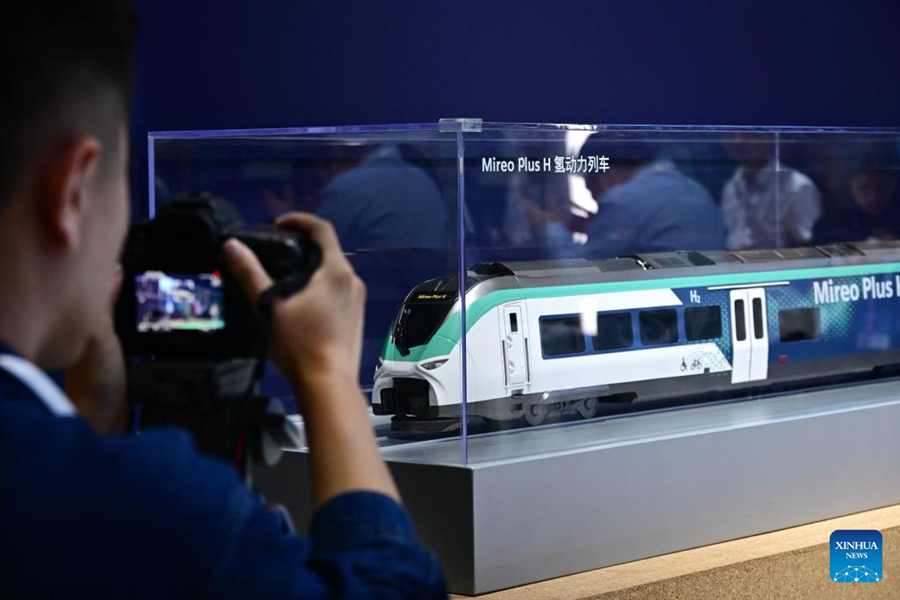
An aerial view of Lianyungang area of the Jiangsu Pilot Free Trade Zone. (CFP)
The Jiangsu Pilot Free Trade Zone (JSFTZ), which consists of the Nanjing, Suzhou and Lianyungang areas, has explored nearly 400 institutional innovations, with 25 being promoted nationwide, as it ushers in the fifth anniversary in August.
Lianyungang area of the JSFTZ has developed a cargo transportation platform that integrates railways, highways and waterways to offer efficient and comprehensive logistics solutions. The platform utilizes information technologies including Big Data, BeiDou Navigation Satellite System and 5G to enhance the entire transportation process, reducing vehicle clearance time from 3 minutes to under 30 seconds.
The Lianyungang area has also established China’s first online trading platform for second-hand containers to support freight service of the China-Europe Railway Express. This platform enables users to exchange information in real-time, thereby saving time and cost. The price index issued by the platform also improves utilization of containers.
The JSFTZ has taken the national lead in launching a "carbon-neutral" labelling service for textile exports. The carbon footprint of the garment's production can be traced by scanning the attached QR code.
In the Nanjing area, the Biotech and Pharmaceutical Valley (BPV) has developed into an important biomedical hub featuring open innovation across the industry chain. Currently, the BPV hosts over 1,000 companies with an annual output value exceeding 30 billion yuan.
Suzhou area of the JSFTZ is committed to fostering a world-class business environment that is market-oriented, law-based and internationalized. Among the foreign-invested companies, Bosch Automotive Products (Suzhou) stands out as the largest manufacturing and R&D base in China for the global leader in automotive technology supply.
Statistics show that over the past five years, the JSFTZ has achieved foreign trade of 2.5 trillion yuan, accounting for 10.3% of the province's total. The zone is home to 71 regional headquarters and functional institutions of multinational companies, representing 18% of the provincial total.




















